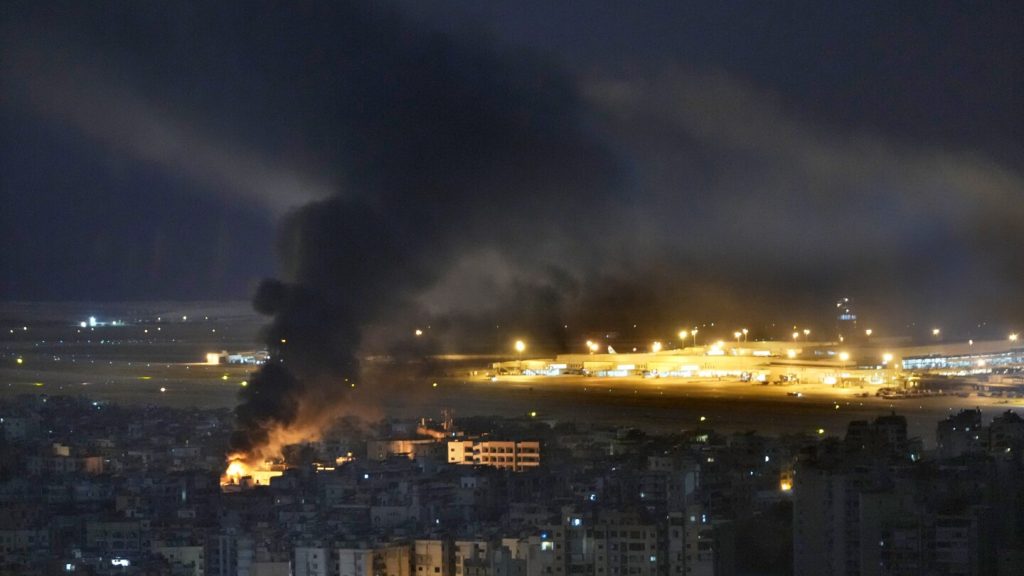Since the beginning of Israel’s offensive against the Hezbollah militant group, Lebanon’s national air carrier, Middle East Airlines (MEA), has become a symbol of resilience by continuing its operations out of the Beirut airport. Despite the ongoing conflict in the southern suburbs of Beirut, where Hezbollah operates, the airport and MEA have not been targeted. MEA conducts daily risk assessments to ensure the safety of its flights and passengers, with assurances from Israel that the airline and airport will not be targeted as long as they are used for civilian purposes.
As tensions escalate, many embassies have chartered extra commercial flights to evacuate their citizens, while Lebanese citizens continue to travel for business or family reasons. MEA’s daily flights have only slightly decreased in number, but they often depart Beirut full and return with fewer passengers. Passengers like Elie Obeid have experienced flights amidst heavy airstrikes and mixed feelings about the risk involved. Aviation safety consultant John Cox noted that it is unusual for a commercial airline to operate in an active war zone and that passengers are typically kept in the dark about potential threats to avoid causing unnecessary stress.
MEA’s operations in Beirut involve continuous coordination with the Lebanese government and security agencies to mitigate risks, such as spacing out flights to avoid overcrowding at the airport. The airline has also adjusted for GPS jamming used by Israel to disrupt missile and drone attacks, which can also affect civilian navigation technology. MEA considers maintaining the link between Lebanon and the outside world as their duty, despite the challenges posed by the ongoing conflict. For many passengers, having access to flights in and out of Lebanon provides a sense of comfort amid uncertain times.
Marie-Jose Daoud, an editor-in-chief, shared her experience of flying to Cyprus with her parents after a massive strike in Beirut’s southern suburbs that killed Hezbollah leader Hassan Nasrallah. Despite the risks, Daoud’s parents want to return home, and she plans to travel back with them in a few days. The airport remains a critical lifeline for many Lebanese, allowing them to connect with the outside world and providing a sense of reassurance that flights will continue. While the journey may be harrowing, the presence of MEA’s operations in Beirut serves as a beacon of hope for those seeking to travel amidst conflict.


